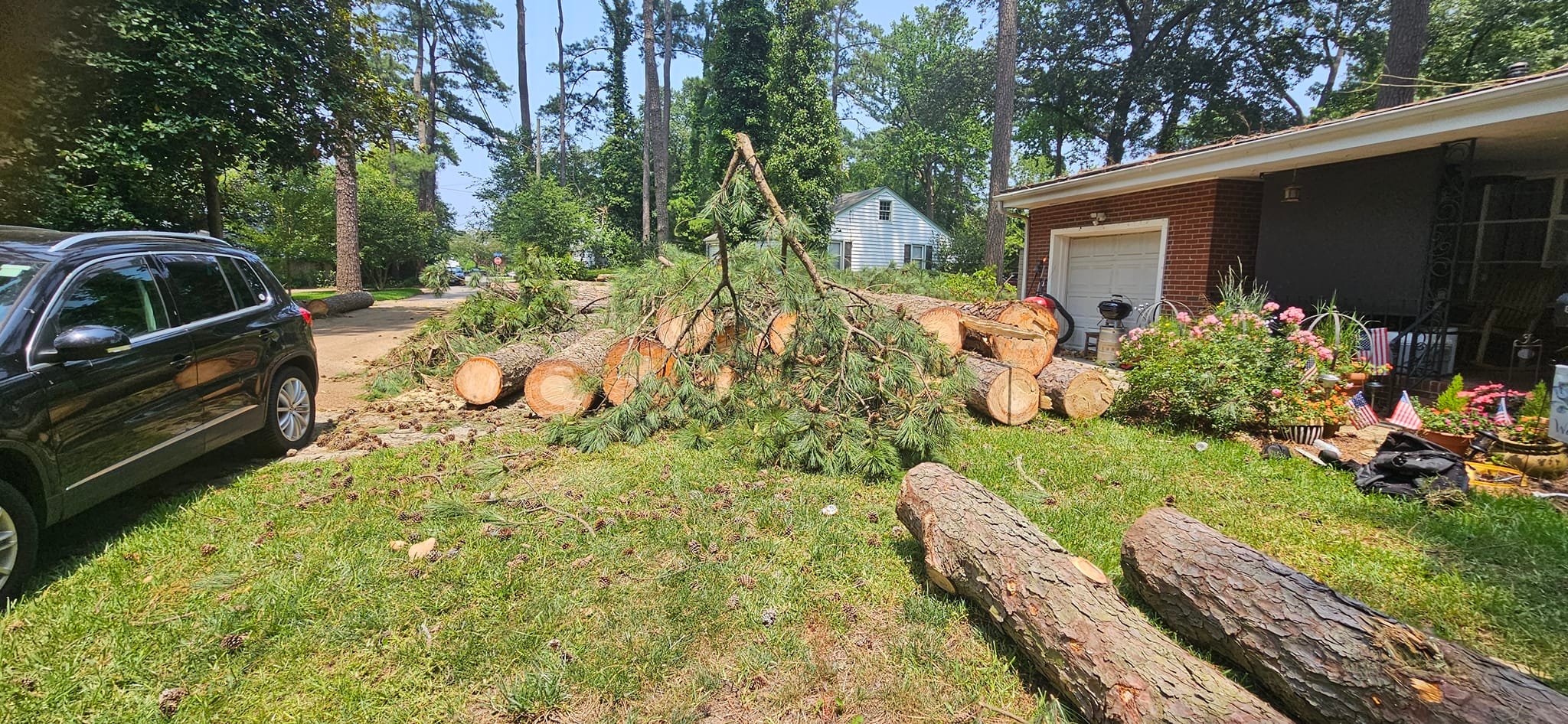
Essential Tree Maintenance Tips for Coastal Gardens Nov 19, 2025
One of the primary concerns for trees in coastal gardens is the impact of salty air and sandy soil. These elements can be harsh on both the trees and the surrounding flora. The first step in maintaining a coastal garden is selecting the right tree species. Native trees tend to adapt better to the local conditions. Varieties like live oak, magnolia, and palm are especially suitable because of their resilience to salt and wind. Before planting, research which species thrive in your specific coastal environment and can withstand the conditions inherent to seaside living.
Proper watering techniques are paramount in ensuring your trees remain healthy. While coastal regions might experience frequent rain, the sandy soil found in these areas often drains water quickly, which can lead to a lack of moisture for your trees. Ensure your watering practices involve deep, infrequent watering, which encourages the roots to grow deeper and develop a robust system. A timed drip irrigation system can help maintain optimal watering schedules without risking overwatering.
Mulching is another vital component of tree care in coastal gardens. By applying a thick layer of organic mulch around the base of the trees, you can help retain soil moisture and limit the growth of competitive weeds. Mulch also plays a crucial role in protecting the roots from temperature fluctuations and maintains soil integrity despite salty conditions.
Pruning is an often-overlooked but necessary practice for managing trees in any garden. In coastal areas, trees are frequently exposed to strong winds, making regular pruning essential. It not only removes dead or weak branches that could become hazardous projectiles during storms but also trains the tree's growth structure to withstand wind and encourages healthy growth.
Addressing pest control is also an integral part of tree maintenance. Coastal gardens can attract a variety of pests that may harm your trees. Regular inspection and employing organic pest management solutions are key. Introducing natural predators like ladybugs or using neem oil can help control harmful insect populations without resorting to harmful chemicals that can damage the delicate coastal ecosystem.
Finally, understand the importance of soil health. Regular testing can identify nutrient deficiencies and guide you in choosing the right fertilization strategy. Use fertilizers that are designed to enhance native soil properties without harming the coastal and marine environments.
In conclusion, maintaining a thriving coastal garden requires knowledge, patience, and consistency. Following these essential tree maintenance tips not only ensures the health and longevity of your trees but also promotes the wellness of the entire coastal ecosystem. At Beach Tree Care, we believe that informed tree care promotes sustainable, beautiful landscapes that you can enjoy for generations. If you're looking for expert assistance in maintaining your coastal garden, don't hesitate to reach out to our team of professionals who are keen to help preserve the beauty of your coastal paradise.
/filters:no_upscale()/filters:format(webp)/media/a8072199-7a21-469b-b0f8-e3c48a75bfbe.jpeg)